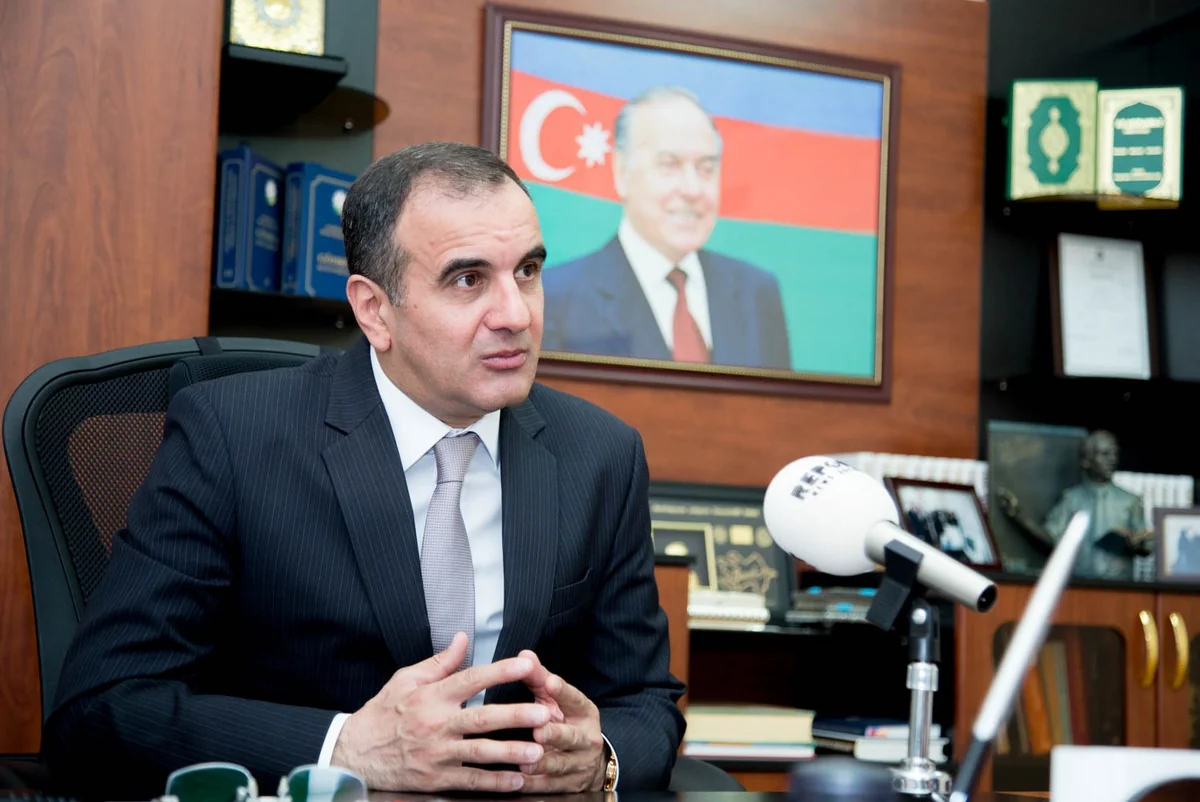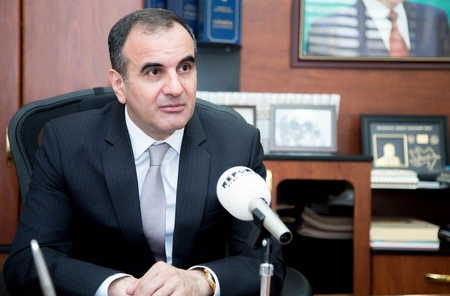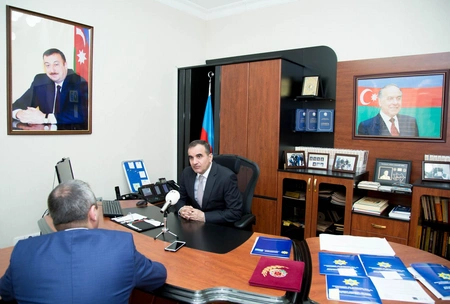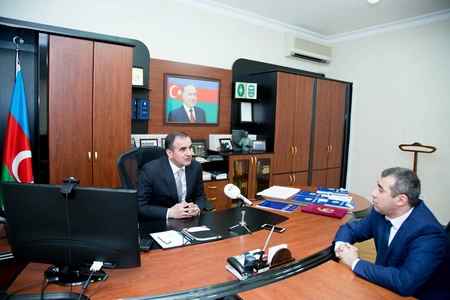Igbal Babayev: Customs-entrepreneur contact to be completely cancelled
- 15 April, 2019
- 09:39

E-services introduced by the State Customs Committee are among the services mostly used in the country and successes have been achieved in this field, Deputy Chairman of State Customs Committee, Deputy Chairman of the State Customs Committee of Azerbaijan, Major General Iqbal Babayev told Report.
According to him, the customs control and customs clearance have been completely automatized, significant services such as submission of customs declarations, making of customs payments, following of appeals to customs agencies have been established on the basis of paperless technologies.
"These works will continue in 2019 and special attention will be paid to development of mobile customs solutions. In particular, the following services are planned to be introduced in 2019:
- Personal cabinet of a foreign trade participant. This service is one of the most important projects for me. By introducing this e-service to entrepreneurs, we can speak about ‘Culture of voluntarily obeying’.
- Creation of e-service on customs accounting and balance. Through this service, the entrepreneurs will be able to get report on payments they have done so far and control the activity of the balance sheet for customs debts.
- Granting signature powers on customs operations. By using this service, head of foreign trade participant grants right to any employee’s signature to access to the statistical data on activity of foreign trade participant;
- Online clerical works. This service allows users to send appeal to the customs agencies through the website of the Customs Committee, online follow the situation of consideration of that appeal and get an answer;
- Checking up whether the person’s name is included in the special attention list of the interdisciplinary automated information retrieval system. Every individual can check whether their border crossing was restricted or not.
Speaking about information technologies in customs sphere, the Deputy chairman noted that a new concept has been elaborated for application and development of digital customs service.
The concept envisages cancellation of customs-entrepreneur contact, establishment of Virtual Customs Offices and organization of the customs works through Distance Service principle. Best international practices and new approaches have been and are being studied to this end.
Speaking about e-queue system in the customs, Babayev said that along with e-queue system, ‘quick crossing’ system is also being developed. Technical works on these projects are almost completing. Detailed information will be publicized.
"As for block chain technology, researches conducted by the State Customs Committee show that application of this technology is being tested by private sector in supply-chain management, bank operations on trade (for instance, opening of accredited accounts) and logistics. For example, Maersk, IBM companies have implemented projects in this field. At the same time, we know that US, Great Britain, Singapore, Korea and Japan show special interests in application of block chain technologies."




